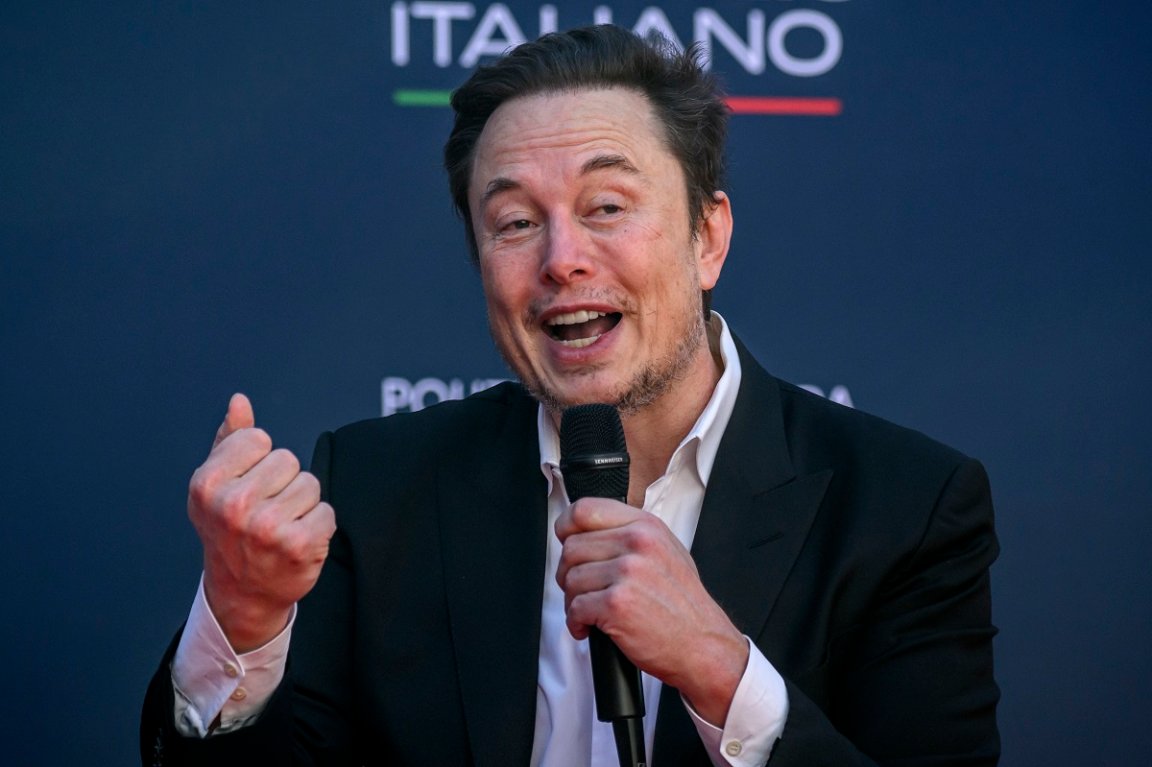
As Elon Musk’s public behavior becomes stranger and more disturbing, his business associates are concerned that a factor could be his use of drugs.
In interviews with the Wall Street Journal, insiders at SpaceX and Tesla said that there have been multiple occasions in which C-suiters became alarmed by their perception of the billionaire’s use of drugs. That substance list allegedly includes regular use of ketamine as well as cocaine, LSD, ecstasy, cannabis and psilocybin mushrooms.
Two of those instances, of course, are extremely well-known: the infamous “420 ” Tesla stock price tweet from 2018 and its seemingly endless consequences and the time Musk inexpertly smoked a blunt on Joe Rogan’s podcast. Reports of more serious drug use, though, haven’t seen as much daylight — and though there’s nothing wrong with dabbling with drugs safely, Musk’s many government contracts and leadership position over many billions of dollars of assets give the allegations unusual heft.
In late 2017, people familiar with the matter told the WSJ, the serial entrepreneur took to the stage very late for an all-hands SpaceX meeting and began rambling and slurring his words for about 15 minutes. At one point, he referred to the company’s Big Falcon Rocket prototype as its “Big F*cking Rocket” — which, to be fair, was a running joke before it was renamed “Starship” — and was eventually intercepted by SpaceX president Gwynne Shotwell, who took over for the incoherent CEO.
After that spectacle, the WSJ‘s unnamed insiders allege, SpaceX leadership began to privately confer about what they’d just witnessed. One even referred to Musk’s performance as “cringeworthy,” “nonsensical,” and “unhinged.”
Alex Spiro, an attorney for Musk, denied these claims and said that Musk is “regularly and randomly drug tested at SpaceX and has never failed a test,” which the South African-born tech mogul has alluded to before.
He also said that “there are other false facts” in the WSJ‘s reporting, but declined to say what they were.
After the WSJ‘s article was published, Musk weighed in to say that it was “not fit to line a parrot cage for bird.”
Over at Tesla, there have been similar concerns. According to the WSJ‘s sources, board members at the electric vehicle maker have gone so far as to reach out to Kimbal Musk, the billionaire’s brother, to tactfully communicate their concerns without using the term “drugs.”
Soon after that infamous 2018 appearance, people in Musk’s inner circle learned, per insider allegations, that the multi-hyphenate CEO was under the influence of something when he got choked up during a New York Times interview when discussing some of his personal and business difficulties — though to be fair, being wont to cry is apparently part of his whole deal.
There could, of course, be other explanations for the CEO’s strange behavior. In 2017, he seemed to claim in response to a tweet that he had undiagnosed bipolar disorder, and also seemed to publicly suggest that he microdoses ketamine therapeutically to treat depression.
To be clear: taking drugs recreationally or therapeutically can be fun and beneficial. But it’s very easy to over-do it, especially with ketamine and its infamous “K-hole,” making Musk’s seeming drug of choice cast a dark shadow over his antics.
More on drugs: Incredible Hotline Counsels Drug Users Through Potential Overdoses Without Shame